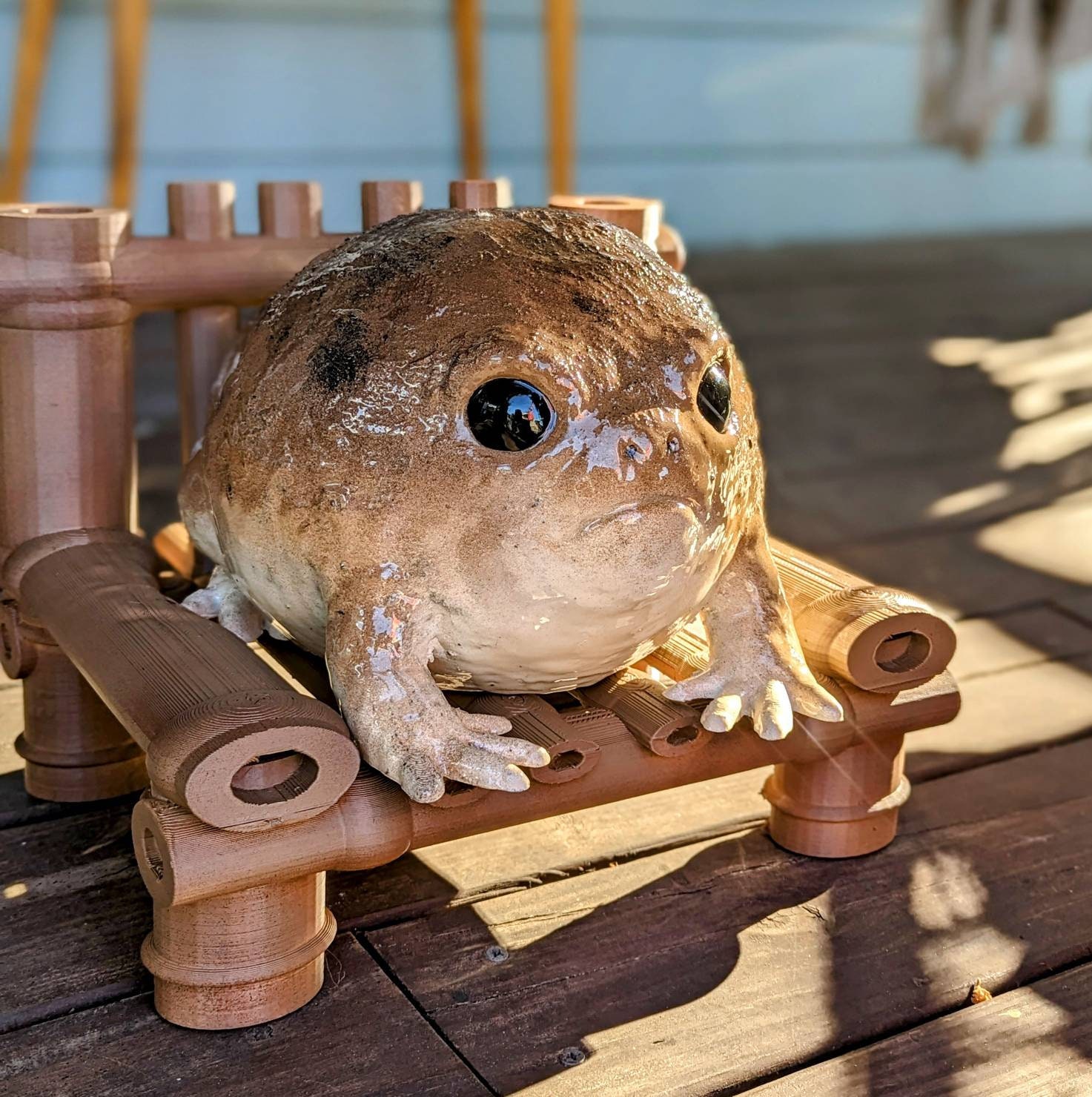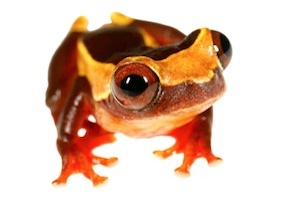Locate Your Perfect Rain Frog for Sale: Study the World of Exotic Amphibians!
Locate Your Perfect Rain Frog for Sale: Study the World of Exotic Amphibians!
Blog Article
Common Wellness Issues in Reptiles: Signs and Solutions
In the elaborate globe of reptile care, comprehending the usual health and wellness concerns that may influence these special creatures is extremely important in guaranteeing their well-being. From respiratory system infections that can quietly hold to metabolic bone conditions that can incapacitate, reptiles are prone to a series of conditions that require eager observation and prompt intervention. Whether it's facing parasitic infestations, navigating dehydration issues, or attending to skin conditions that materialize in refined ways, being attuned to the signs and symptoms and geared up with the expertise of effective solutions is vital for any kind of reptile owner. By delving further right into the nuances of these wellness problems and exploring the sensible treatments readily available, one can secure the health and vigor of these fascinating pets.
Respiratory Infections
Breathing infections in reptiles can dramatically impact their overall health and need timely attention from skilled veterinarians. These infections are generally brought on by germs, fungis, or viruses and can show up via signs such as hissing, nasal discharge, open-mouth breathing, and lethargy. In reptiles, respiratory infections can be particularly challenging to diagnose and deal with as a result of their one-of-a-kind makeup and physiology. Veterinarians typically count on a mix of checkups, diagnostic imaging, and lab tests to properly identify the underlying root cause of the infection.
Therapy for breathing infections in reptiles commonly includes a mix of helpful care, such as keeping appropriate humidity levels and temperature level slopes in the room, in addition to targeted medication to deal with the specific virus in charge of the infection. It is essential for reptile proprietors to check their family pets closely for any type of indicators of breathing distress and look for veterinary care at the earliest indication of an issue. With prompt treatment and proper treatment, lots of reptiles can recover totally from breathing infections and resume normal tasks.

Metabolic Bone Condition
What aspects contribute to the development of Metabolic Bone Disease in reptiles?
Metabolic Bone Condition (MBD) in reptiles is mostly triggered by a lack of correct calcium, phosphorus, and vitamin D3 levels in their diet. When reptiles do not obtain appropriate calcium, either through their food or appropriate UVB direct exposure for vitamin D3 synthesis, they are at a high risk of creating MBD. Reptiles with diet plans reduced in calcium or unbalanced calcium to phosphorus proportions are especially at risk. Furthermore, poor exposure to UVB light avoids reptiles from synthesizing vitamin D3, which is important for calcium absorption and bone health and wellness.
Inadequate moisture degrees can also impact a reptile's ability to metabolize calcium successfully. Normal veterinary exams, correct husbandry techniques, and a well balanced diet are vital to protect against Metabolic Bone Illness in reptiles.
Parasitic Invasions
Parasitic problems present a considerable health and wellness threat to reptiles, affecting their total health and requiring prompt veterinary focus. Reptiles can be impacted by different parasites, redirected here consisting of termites, ticks, interior worms, and protozoa. These bloodsuckers can create a series of signs, such as fat burning, sleepiness, skin inflammation, looseness of the bowels, and also fatality if left neglected.
One common parasite located in reptiles is the mite, which can cause skin inflammation, anemia, and anxiety. Ticks are another exterior bloodsucker that can create and transfer conditions pain to the reptile. Inner bloodsuckers like worms and protozoa can lead to gastrointestinal problems, poor nutrition, and deteriorate the reptile's body immune system.
To detect a parasitical problem, a vet might do fecal examinations, skin scrapings, or blood tests. Treatment commonly includes deworming medicines, antiparasitic baths, or in serious cases, hospitalization. Preventative measures such as regular vet exams, correct health, and quarantine procedures for new reptiles can assist lessen the risk of parasitic infestations and make certain the health of reptile pet dogs.
Dehydration and Hydration Issues
Dehydration in reptiles can significantly impact their wellness and wellness, requiring timely treatment and proper hydration administration. Reptiles are prone to dehydration due to numerous aspects such as insufficient water intake, high ecological temperatures, and certain wellness problems. Symptoms of dehydration in reptiles consist of sunken eyes, lethargy, loss of skin flexibility, and minimized urination. If left untreated, dehydration can bring about significant health and wellness issues and also be fatal to the reptile.
To stop dehydration, reptile owners should make sure that their family pets have access to tidy water in all times. The water recipe should be large enough for the reptile to saturate in if required, particularly for types that take in water through their skin. Furthermore, keeping appropriate moisture degrees in the reptile's room and supplying regular bathrooms can help stop dehydration.
In instances of dehydration, it is vital to look for veterinary treatment quickly. A vet may carry out liquids either by mouth or via injections to rehydrate the reptile. It is vital to attend to the underlying cause of dehydration to avoid recurrence and ensure the reptile's overall health.
Skin Conditions

Final Thought

Respiratory system infections in reptiles can substantially impact their total health and call for prompt interest from experienced vets (rain frog for sale). Preventative measures such as routine vet examinations, correct hygiene, and quarantine procedures for brand-new reptiles can help decrease the risk of parasitic problems and guarantee the health of reptile pets
If left unattended, dehydration can lead to serious health and wellness concerns and even be fatal to the reptile.
Regularly checking your reptile for any kind of changes in skin appearance, shade, or appearance can help in early detection web and treatment of skin conditions, promoting the general health and wellness of your flaky friend. - rain frog for sale
In conclusion, reptiles are susceptible to different wellness concerns such as respiratory infections, metabolic bone condition, parasitical infestations, dehydration, and skin conditions.
Report this page